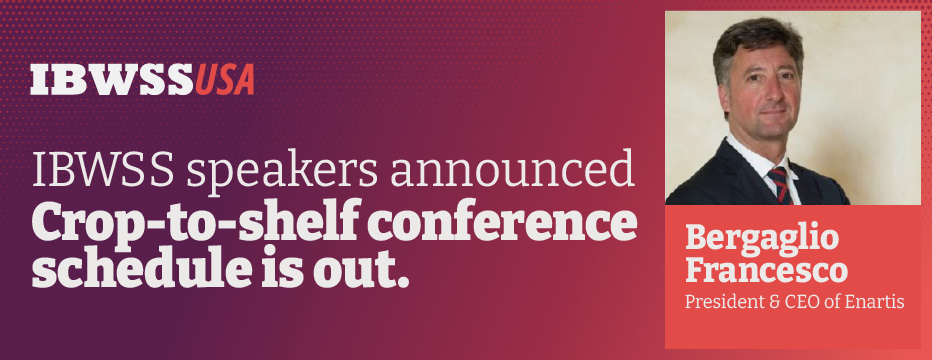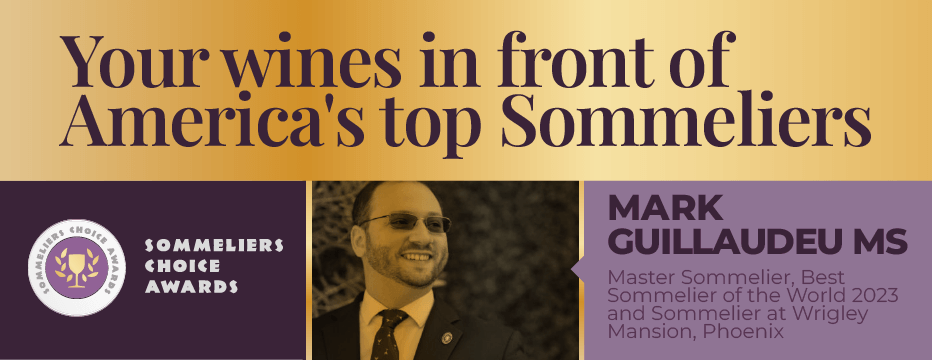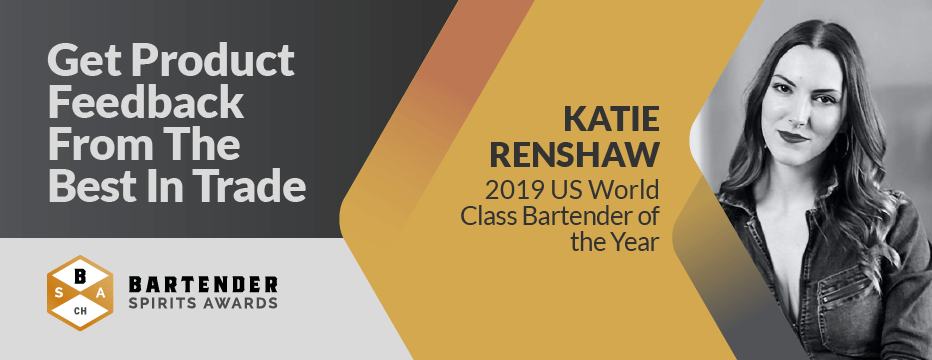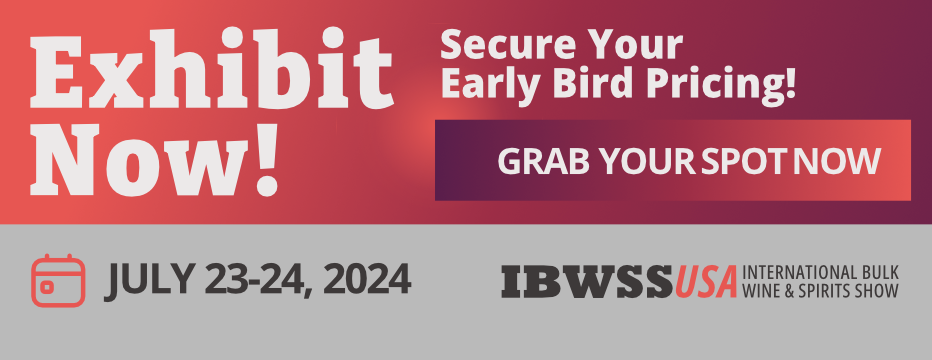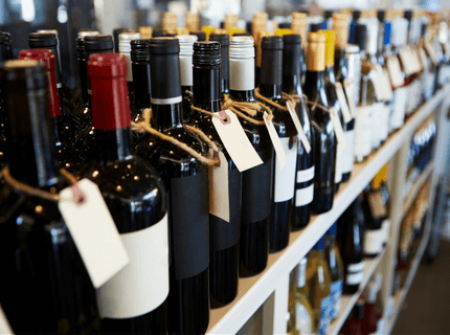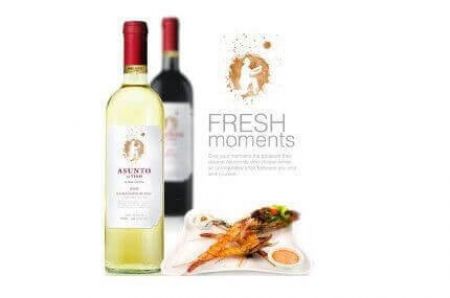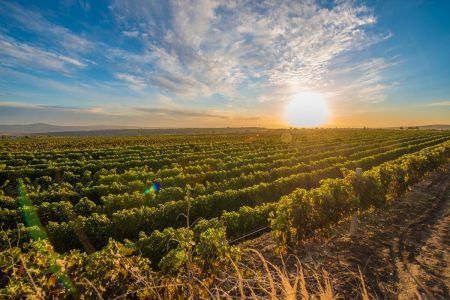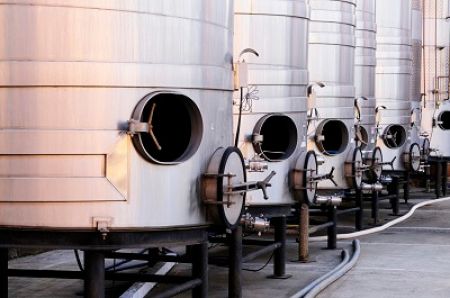Sommeliers Choice Awards 2023 Winners
How to Become a High Volume Private Label Supply Partner
This article looks at some of the key fundamentals any winery looking to supply higher volume private labels should understand. There’s a lot more to it than just price.
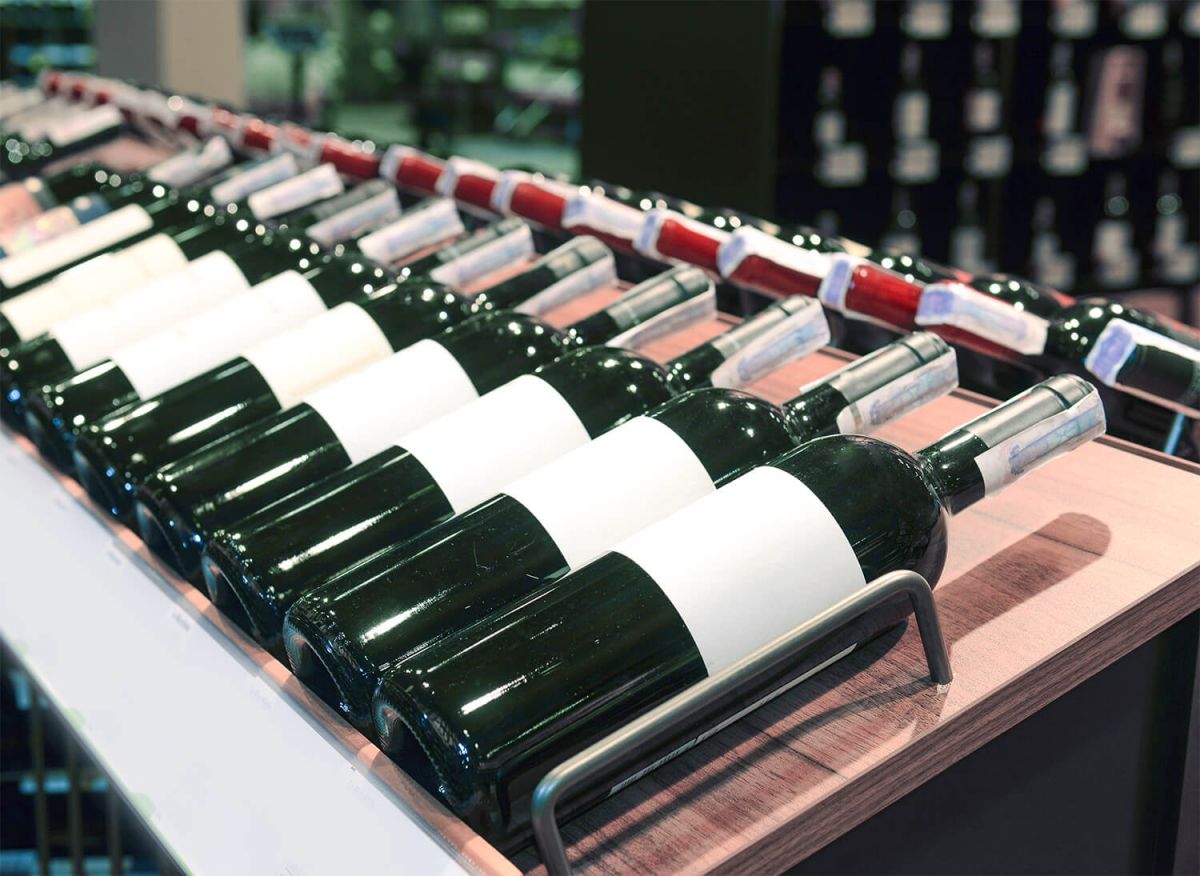
As private labels continue to grow on retailer shelves an increasing number of wineries are opening themselves up to opportunities supplying these wines.
The large retailers in the UK and Australia, where private labels are the furthest developed, are chasing up to 60% of total wine to be their own brands.
This article looks at some of the key fundamentals any winery looking to supply higher volume private labels should understand.
There’s a lot more to it than just price.
Private Label Overview
For new market entrants, it's important to remember the private labels sitting on retailer shelves were introduced to maximise profit margins. These labels are brought in to cannibalize the sales of successful brands, offering a similar product at a cheaper price. For suppliers, they do not offer the margins of branded wines.
Generally at the lower price points (where wines are more commodity than value add products), private labels can be the largest volume lines on shelf and contribute a high proportion of total wine profits.
How much volume? Well in the UK the entry level of any country’s core offer (eg New Zealand Sauvignon Blanc, Argentinian Malbec, Australian Shiraz, Chilean Cabernet, French blend etc) can be from 500,000 bottles up to 4m bottles per wine each year.
With that much volume at stake, you can imagine the buyer is very careful who they choose to supply the wine.
Wineries keen to become a private label supply partner should remember that it is the success of the private labels themselves that will determine the ongoing volume opportunities. This makes the private label supplier - retailer relationship far more reliant on each other than the brand owner - retailer relationship.

Bulk v Packaged Supply
Be clear that the value add for consumers of private label wine is mostly in price, so a retailer’s private label range is costed via wine cost + logistics + packaging. Unless its cheaper to bottle at source, private labels are now and will increasingly be bottled in market.
What this means for wineries with bottling lines is - in this case - they are not necessarily at a competitive advantage compared to their neighbours without a bottling line. Bulk shipping and in market bottling is standard practice for high volume programs where freight distances are large.
Key Fundamentals to Supply Success
Retail buyers are time poor with the constant pressure to grow both sales volume and margins. As private label ranges tend to be fairly stable and forecastable, the buyer relies on suppliers who can be trusted to take care of the program.
We’ll avoid looking at the obvious characteristics of supply like quality and price, as you shouldn’t even be contacting the retailer if you can’t offer the right wine at or below market price.
In truth, much of it is about trust and confidence in supply.
So to be in with a chance of supplying own label programs, the first and most important thing is you have to offer reliability.
Reliability extends all the way through your relationship:
- from your behaviour at meetings (understanding their needs, bringing relevant ideas and offers to the table)
- the pricing you submit (must be competitive)
- the samples you put forward (on time, clearly labelled, correct style and quality)
- Completion of compliance documents, on time and without errors
- Quick confirmation of orders
- On time dispatch
- Updates on drawdown actual v forecasts
- Quickly and smoothly fixing any mistakes
In practice, a sensible way to be a ‘reliable’ supplier is to have one person with the clear responsibility of managing that retailer account - dealing with everything from sales to fulfilment to complaints handling. Back this up with strong processes and systems.
The next most important supply side asset is sustainability. This refers to your ongoing ability, vintage after vintage, to supply a consistent wine at a consistent price without any concerns about volume.
This is where the larger producers excel, with their large annual intake of fruit - often from their own vineyards - they can easily demonstrate their sustainable supply ability.
Part of this extends to what proportion of your business the retailer represents. Anything above 30-40% and the retailer will question your sustainability as a business if they cut you off. An over reliance on one customer is a red flag.
So when presenting your supply solution, clearly articulate how you could sustainability supply their wines each year without totally changing your business. You
can also offer the benefits of dual supply to mitigate against supply risk, retailers do like having a plan B in place.
As everyone at the retailer’s head office is busy, the more suppliers they have the more paperwork, orders, accounts and payments that need to be managed. Over recent years there has been a consistent consolidation of suppliers, with some retailers cutting their suppliers by up to 60%.
This leads us to the next key point - to be relevant you need a broad offering across varieties, styles and price points. Can you supply all the private label wine the retailer requires from your country?
Wineries with clear competitive advantages across a couple of wines have been replaced with wineries that can supply a wider range, even if the quality or value is lower. Buyers will always choose the easier option, filling 5 private labels with 1 supplier is far more attractive than splitting them across 2 or more.
So when presenting to retailers about your supply abilities, make sure you clearly cover as many wines as possible (even if you can’t fill them all in year one). Don’t get labelled as a narrow or limited supply option.
Continuing the theme of assisting a busy buyer, the best private label suppliers add significant value by bringing new opportunities to the table, constantly striving to improve the retailer’s entire private label range.
Whether it’s an updated wine style, a new blend that’s working elsewhere or even suggestion for new packaging, private label suppliers must work hard to put forward relevant new product development.
Remember, the branded supply reps will only be pushing finished new products their brands have developed. The private label supplier can push any conceptional wine they can conceivably supply, so can be a genuine source of new opportunities.
In reality this means keeping a lookout for trends in the marketplace that could be filled by one of your wines under the retailer’s private label - especially via range extensions which are easier to get through. This also includes in/out promotions where an own label from the winery might be more suitable.
If private label supply involves bulk wine and in market bottling, a key asset for the winery is a good working relationship with a bottling line that already supplies the retailer. It is usually the bottler who sells the wine to the retailer and the more lines a bottler has on a retailer’s shelves, the more efficiencies become available.
In many markets, retailers are aligning themselves with specific bottlers to release these efficiencies which makes it almost impossible for new suppliers to gain traction if they bottle elsewhere.
So range and competitor analysis must extend into bottlers (and in some cases freight companies) to determine the route of supply that will best suit the retailer. Bottlers you have a relationship with might be the key that opens up the retailer’s doors, so leverage those relationships.
If you find that you’re aligned to a different bottler then you have two choices: work with the bottler to present an alternative supply solution or find a new bottler.
Finally there’s your other major customers, including other retailers in the same country. While most retailers are comfortable with the fact that their suppliers will work with their competition, you must make sure you do so as subtly as possible.
As a private label supplier you’re often one step closer to the retailer than the branded suppliers because you’re a business partner building their products rather than your own. Media attention and overt marketing of your close relationship should be carefully managed - it might make one retailer feel like they’ve got a great supplier but it could blacklist you from opportunities elsewhere.
Additionally be very respectful of any commercially sensitive information you receive such as business plans, promotional schedules and cost structures. You need a trusting relationship for long term success.
Conclusion:
Retailers can be big beasts and it takes a lot for them to change supply on high volume lines. The busy buyer must be confident in you, have trust in your business over the medium term and genuinely believe you will make their life easier.
The key criteria (other than price and quality) are:
- Reliability
- Sustainability
- Range
- New product development
- Bottler relationships
- Quiet supply relationships
Demonstrate proficiency in the above and you’ll give yourself the strongest chance to land and keep high volume private label programs.


